
Powered By BlackTraumaGPT.com
Researched and Curated By Rev. Dr. Philippe SHOCK Matthews – https://solo.to/revshock | https://linktr.ee/revshock (Black Trauma and Mental Health Specialist | Prompt Eng | GPT Dev | Research Scientist | Africana Phenomenologist | Black Mental Health Podcast Host | FREE Webinar)
In the landscape of philosophical inquiry, Africana phenomenology stands as a vital and evolving field, one that marries the methodologies of phenomenological investigation with the lived experiences and intellectual traditions of African and African diasporic peoples. This essay examines the contributions of key figures in Africana phenomenology, tracing its development from foundational thinkers to contemporary scholars who continue to expand and reshape the field. Through their collective work, these philosophers challenge Eurocentric philosophical paradigms while creating new theoretical frameworks for understanding consciousness, embodiment, and existence within the context of racialized experience.
Foundations: The Architects of Africana Phenomenology
Frantz Fanon: The Phenomenology of Colonial Consciousness
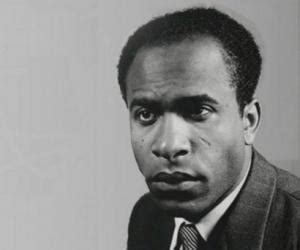
Frantz Fanon (1925-1961), born in Martinique, emerged as one of the most influential figures in articulating a phenomenology of the colonized subject. Trained as a psychiatrist, Fanon’s approach to phenomenology was deeply informed by his medical understanding of psychic trauma and his personal experiences with racism and colonialism. His seminal work, “Black Skin, White Masks” (1952), represents a watershed moment in the development of Africana phenomenology, offering a penetrating analysis of how racism impacts consciousness and embodied experience.
Fanon’s concept of “epidermalization” describes the process by which racial prejudice becomes internalized, creating a profound alienation within the colonized subject. He writes about how the Black person in a white-dominated society experiences their body as “overdetermined from without,” constantly interpreted and constituted through the white gaze. This phenomenological analysis of racialized embodiment demonstrates how consciousness is shaped by social forces that assign meaning to physical characteristics.
In “The Wretched of the Earth” (1961), Fanon further developed his phenomenological approach by examining the psychological dimensions of colonial domination and liberation struggles. His analysis of how violence functions both as a tool of oppression and potentially as a means of psychological liberation represents a profound contribution to understanding colonialism’s lived experience. Fanon’s work established the crucial groundwork for examining how consciousness is shaped by structures of power, particularly in colonial contexts.
W.E.B. Du Bois: Double Consciousness as Phenomenological Insight
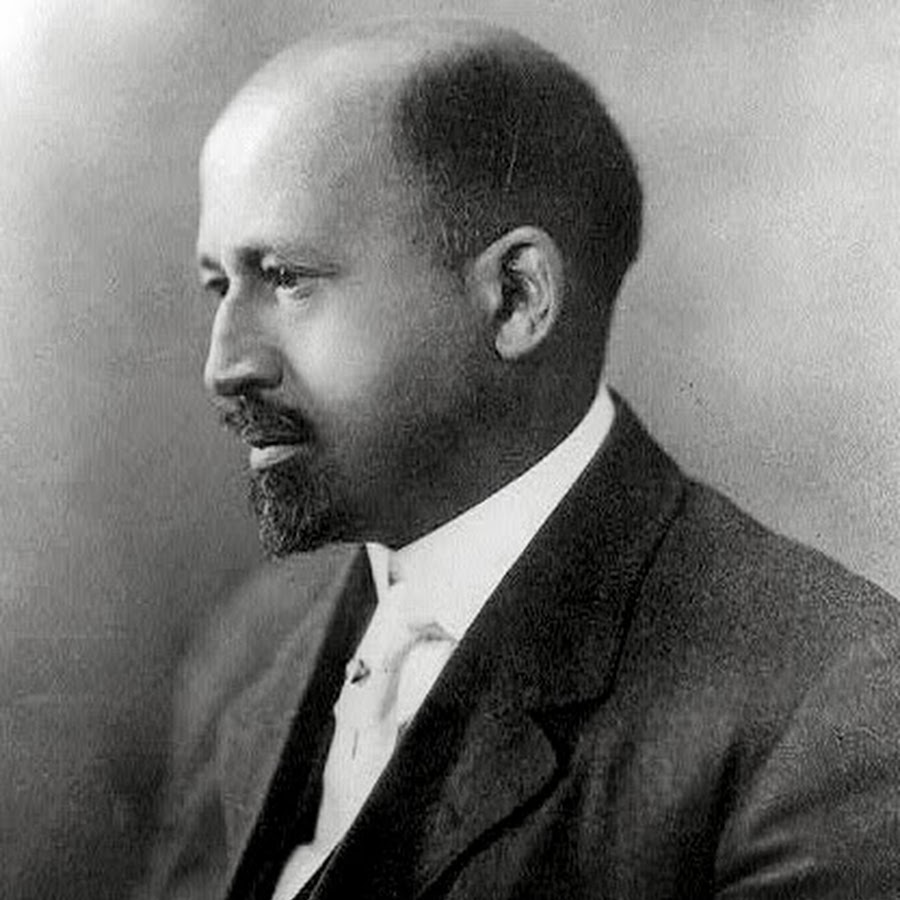
While W.E.B. Du Bois (1868-1963) is primarily recognized as a sociologist, historian, and civil rights activist, his conceptual contributions have proved invaluable to phenomenological inquiry. In “The Souls of Black Folk” (1903), Du Bois articulated the notion of “double consciousness,” describing the experience of “always looking at one’s self through the eyes of others, of measuring one’s soul by the tape of a world that looks on in amused contempt and pity.”
This concept represents a profound phenomenological insight into the structure of Black consciousness in America. It identifies a fundamental “twoness” in the experience of being both American and Black in a society that treats these identities as contradictory. Du Bois’s analysis prefigured later phenomenological examinations of how consciousness is constituted through intersubjective relations, particularly in contexts marked by power imbalances.
The concept of double consciousness has remained a cornerstone of Africana phenomenology, providing a framework for understanding how racialized subjects navigate worlds that often deny their full humanity. Du Bois’s phenomenological sensibility is evident in his attention to the lived experience of racism, the affective dimensions of racial oppression, and how social structures shape individual consciousness.
Aimé Césaire: Négritude as Phenomenological Affirmation
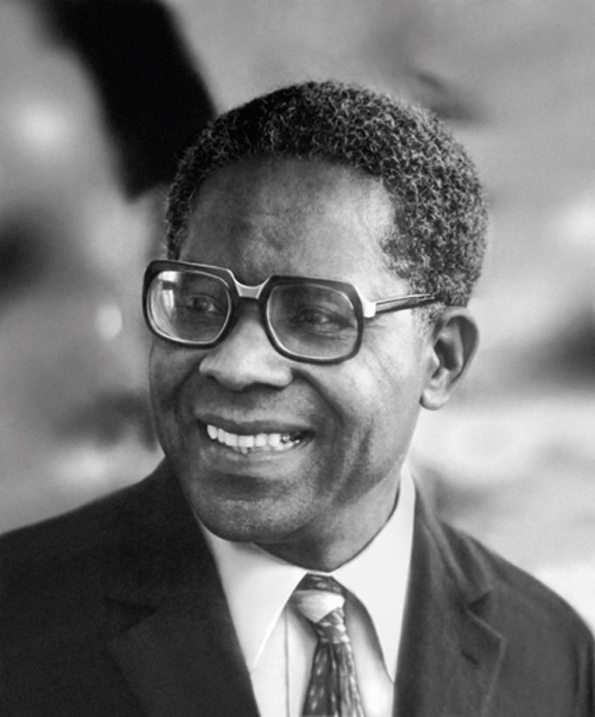
Aimé Césaire (1913-2008), poet, playwright, and politician from Martinique, co-founded the Négritude movement to affirm Black identity and consciousness against colonial negation. While not explicitly identifying as a phenomenologist, Césaire’s work contains rich phenomenological dimensions, particularly in his exploration of colonized consciousness and his effort to reclaim Black subjectivity.
In “Discourse on Colonialism” (1950), Césaire offered a searing critique of European colonialism, examining how colonial ideologies deform both the consciousness of the colonized and the colonizer. His poetic explorations of Black identity represented an attempt to access and articulate experiences that colonial epistemologies had suppressed. Césaire’s work contributed to Africana phenomenology by emphasizing the possibility of reconstituting Black consciousness outside the frameworks imposed by colonial domination.
Césaire’s phenomenological significance lies partly in his recognition that colonialism operates not merely as a political or economic system but as a total structure that shapes perception, experience, and self-understanding. His poetic method itself can be understood as phenomenological in its attempt to bracket colonial assumptions and return to the lived experience of Blackness as a site of meaning and value.
Contemporary Developments: Expanding the Phenomenological Horizon
Lewis R. Gordon: Systematizing Africana Phenomenology
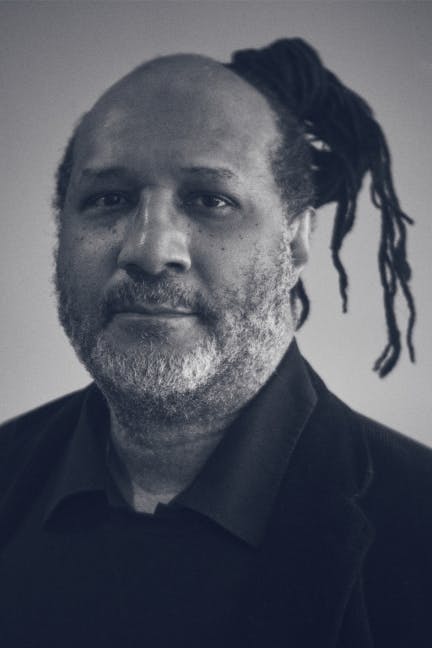
Lewis R. Gordon (b. 1962) is perhaps the most significant architect of African phenomenology as a distinct philosophical field. Through works like “Bad Faith and Antiblack Racism” (1995), “Her Majesty’s Other Children” (1997), and “Existentia Africana” (2000), Gordon has systematically developed phenomenological methodologies specifically suited to African and Afrodiasporic experiences.
Gordon’s application of Sartrean concepts to analyze racism as a form of bad faith represents a significant expansion of phenomenological tools. In his account, racism involves a flight from freedom and responsibility that distorts both the racist’s consciousness and their perception of racialized others. This analysis demonstrates how phenomenology can illuminate the structures of racist consciousness while avoiding the trap of treating racism as merely a matter of individual prejudice.
His concept of “disciplinary decadence” critiques academic disciplines that fail to question their own foundations and limitations. This metacritical stance has been crucial for developing an Africana phenomenology that does not simply apply European phenomenological methods to Black experience but critically engages with the constraints and assumptions built into those methods. Gordon’s work exemplifies how Africana phenomenology can function as both a critique of traditional phenomenology and a constructive expansion of its possibilities.
Robert Bernasconi: Phenomenology and its Racial Blind Spots

Robert Bernasconi has made significant contributions to Africana phenomenology by critically examining how European philosophers, including phenomenologists, have addressed (or failed to address) questions of race and colonialism. His essay “Who Invented the Concept of Race?” (2001) offers a genealogical investigation of racial concepts that reveals their contingency and historical construction.
Bernasconi’s work on Heidegger, Sartre, and Levinas has been crucial for understanding how even philosophers concerned with human experience and ethical relations have often maintained blind spots regarding race and colonialism. By excavating these blind spots, Bernasconi demonstrates how phenomenology must confront its own historical entanglements with racist and colonial thinking.
His contribution to Africana phenomenology includes showing how European philosophers’ failure to address race adequately reflects personal limitations and structural problems within their theoretical frameworks. This critical perspective has helped expand phenomenological thinking to address racial hierarchies and historical injustices that traditional phenomenology often overlooked.
Paget Henry: Caribbean Consciousness and Phenomenological Method
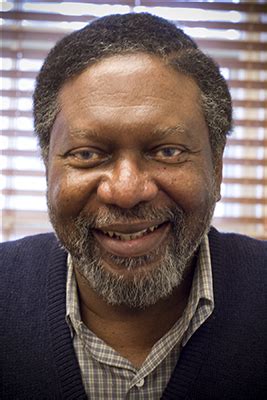
Paget Henry, a philosopher and sociologist from Antigua, has made important contributions to Africana phenomenology by exploring Caribbean intellectual traditions. In “Caliban’s Reason” (2000), Henry examines how Caribbean philosophical thought, including phenomenological approaches, emerged in dialogue with African, European, and indigenous traditions under conditions of colonialism.
Henry’s work is significant for its attention to the specificities of Caribbean consciousness and its effort to recover African philosophical perspectives that inform Caribbean thought. His analysis of how colonialism has shaped consciousness in the Caribbean demonstrates the importance of historically and culturally situated phenomenological investigations.
By bringing together African, Caribbean, and European philosophical resources, Henry exemplifies how Africana phenomenology can function as a site of intellectual synthesis rather than mere critique. His phenomenological analyses focus particularly on self-formation in postcolonial contexts, examining how subjects navigate complex cultural and historical legacies in constituting their identities.
Sylvia Wynter: Reconceptualizing the Human
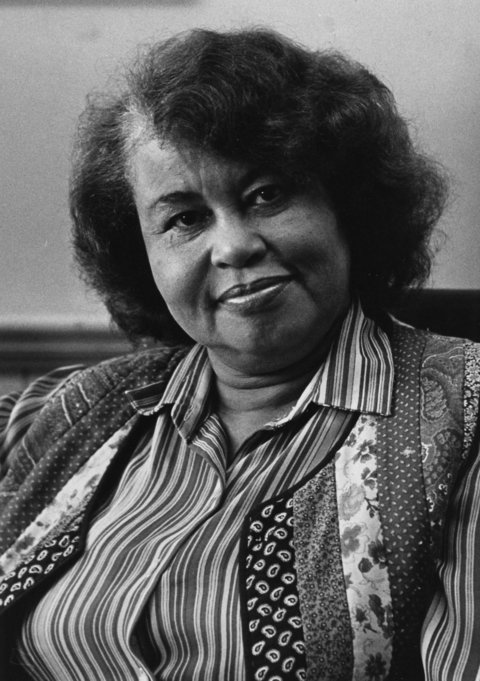
While not strictly phenomenological in a traditional sense, Sylvia Wynter’s work has profound implications for Africana phenomenology through its radical reconceptualization of what it means to be human. Her concept of “being human as praxis” challenges conventional understandings of humanity that have excluded or marginalized Black subjects.
In her landmark essay “Unsettling the Coloniality of Being/Power/Truth/Freedom” (2003), Wynter critiques Western humanism’s exclusionary foundations while proposing alternative frameworks for understanding human consciousness. Her analysis of how colonial epistemologies have shaped perceptions of humanity itself offers crucial resources for phenomenological investigations of consciousness beyond Eurocentric frameworks.
Wynter’s contribution to Africana phenomenology includes her attention to how systems of knowledge production shape the very categories through which experience is understood and interpreted. Her work demonstrates how phenomenological inquiry must address individual experiences and epistemic frameworks that determine which experiences are recognized as fully human.
George Yancy: The Phenomenology of Racialized Embodiment

George Yancy has emerged as one of Africana phenomenology’s most significant contemporary practitioners. He focuses mainly on embodiment and intersubjectivity in racialized contexts. His book Black Bodies, White Gazes (2008) offers a phenomenological analysis of how Black bodies are constituted by white perception in ways that constrain movement and possibility.
Yancy’s concept of the “elevator effect” vividly illustrates how racial prejudice manifests in everyday encounters. It describes the tension that arises when a white woman clutches her purse upon seeing a Black man enter an elevator. This example demonstrates how phenomenology can illuminate the microstructures of racial experience that shape consciousness and embodied being-in-the-world.
In “Look, a White!” (2012), Yancy inverts the traditional phenomenological gaze to examine whiteness itself as a position that often escapes scrutiny. This methodological reversal represents an essential contribution to phenomenological practice, demonstrating how Africana phenomenology can render visible aspects of experience that remain hidden in traditional approaches.
Nathalie Etoke: Melancholia and Transcendence
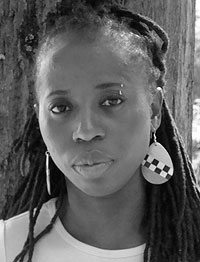
Nathalie Etoke, a Cameroonian-born scholar, has contributed to Africana phenomenology through her exploration of how historical trauma shapes contemporary Black consciousness. Her book “Melancholia Africana” (2010) examines the affective dimensions of historical memory in Black Atlantic contexts, analyzing how the afterlives of slavery and colonialism continue to structure experience.
Etoke’s work is phenomenological in its attention to how suffering can function not merely as a site of damage but potentially as a ground for resistance and creation. By examining how Black subjects navigate historical wounds while creating new forms of meaning, her work demonstrates how phenomenology can illuminate processes of working through trauma toward new possibilities.
Bridging literary analysis and philosophical inquiry, Etoke’s approach exemplifies how Africana phenomenology can engage with cultural expressions as phenomenological documents that reveal structures of consciousness. Her work shows how melancholia itself can be understood as a mode of consciousness that preserves connections to histories and possibilities foreclosed by dominant narratives.
Emmanuel Chukwudi Eze: Deconstructing Racialized Reason

Emmanuel Chukwudi Eze (1963-2007), a Nigerian philosopher whose career was cut short by his untimely death, made significant contributions to Africana phenomenology through his critical examination of European philosophy’s relationship to race. In works like “Race and the Enlightenment” (1997) and “On Reason” (2008), Eze explored how reason itself has been racialized in Western philosophical traditions.
Eze’s phenomenological approach focused on supposedly universal concepts containing unexamined racial assumptions that shape perception and judgment. His work demonstrates how phenomenological investigation must include attention to the historical construction of the categories through which experience is interpreted.
By examining how philosophical concepts presumed to be universal often contain particular cultural and racial assumptions, Eze’s work contributed to developing phenomenological approaches that can recognize and challenge these assumptions. His legacy continues to inform efforts to develop more inclusive and critical phenomenological methodologies.
Conclusion: The Future of Africana Phenomenology
As Africana phenomenology continues to develop, it promises to reshape not only how we understand Black experience but also phenomenology itself. By centering experiences historically marginalized in philosophical discourse, these scholars demonstrate how phenomenology can function as a method for examining the structures of consciousness in all their cultural, historical, and political complexity.
The collective work of these thinkers shows that Africana phenomenology is not merely an application of European methods to Black subjects but a fundamental reconsideration of what phenomenology can be and do. Through their efforts, phenomenology becomes more attentive to how consciousness is shaped by structures of power, particularly those related to race and colonialism.
As contemporary scholars continue to build on the foundations laid by earlier thinkers, Africana phenomenology remains a vibrant field of inquiry that speaks not only to African and Afrodiasporic experiences but to fundamental questions about consciousness, embodiment, and intersubjectivity that concern all human beings. The future of this field lies in its continuing ability to challenge exclusionary philosophical paradigms while creating new conceptual resources for understanding the full range of human experience.
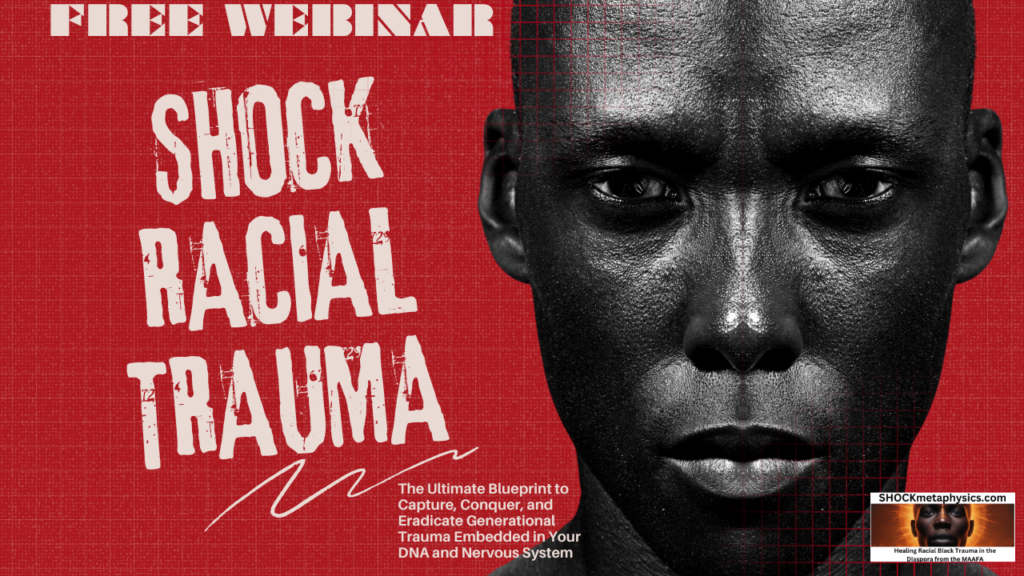
FREE SHOCK RACIAL TRAUMA WEBINAR: http://shocktraumafreewebinar.com

“I just completed a brief session with ChatGPT-Black Trauma. Wow! The responses I got were soooooo helpfu!.” — John Jackson (Patreon Member)
At BlackTraumaGPT.com, we aim to foster healing, understanding, and empowerment within Black communities by providing culturally sensitive education, insights, and mental health resources. We aim to deepen the collective awareness of Black trauma’s historical roots and its contemporary manifestations while guiding individuals and communities toward paths of self-care, resilience, and holistic healing. By leveraging the wisdom of Africana phenomenology and the expertise of Black scholars, we support the transformation of trauma into strength, encouraging collective growth and thriving.
IT’S TIME TO BREAK BLACK TRAUMA! Heal Thyself @ BlackTraumaGPT.com http://blacktraumagpt.com/ ASK THE QUESTION(S)!
———————
Get Social with Doc SHOCK:
PATREON | ABOUT DR. SHOCK | FLY SOLO | ACADEMIC BIO | BLOG | BLACK TRAUMA PODCAST | ENDORSEMENT | THREADS | IG | FB PAGE | PRIVATE GROUP | X | LINKEDIN | TIKTOK | PINTEREST | BLACK TRAUMA GPT | BLACK AI CONSORTIUM | BOOKS BY DOC SHOCK

